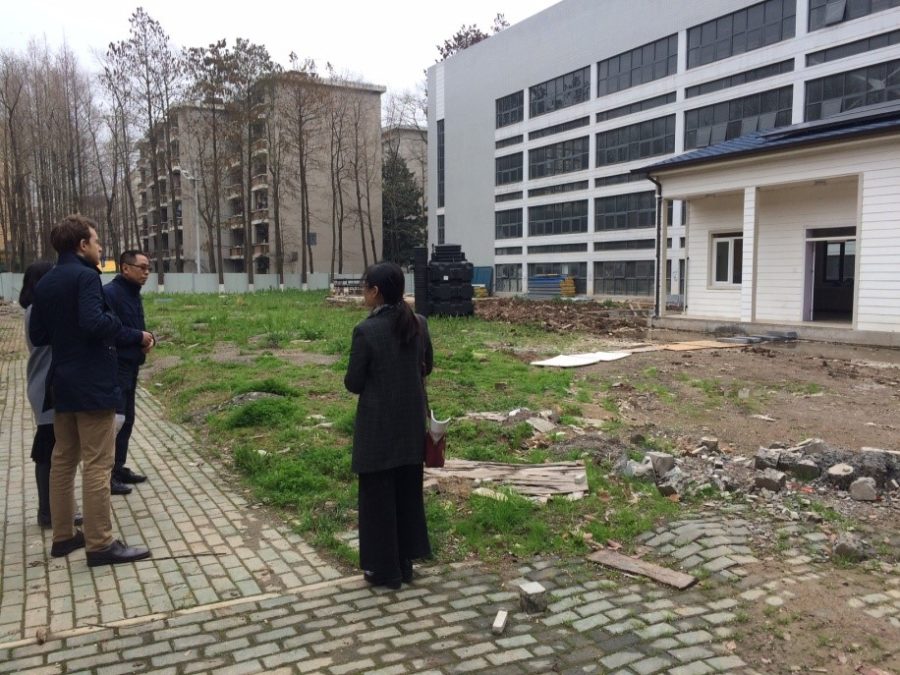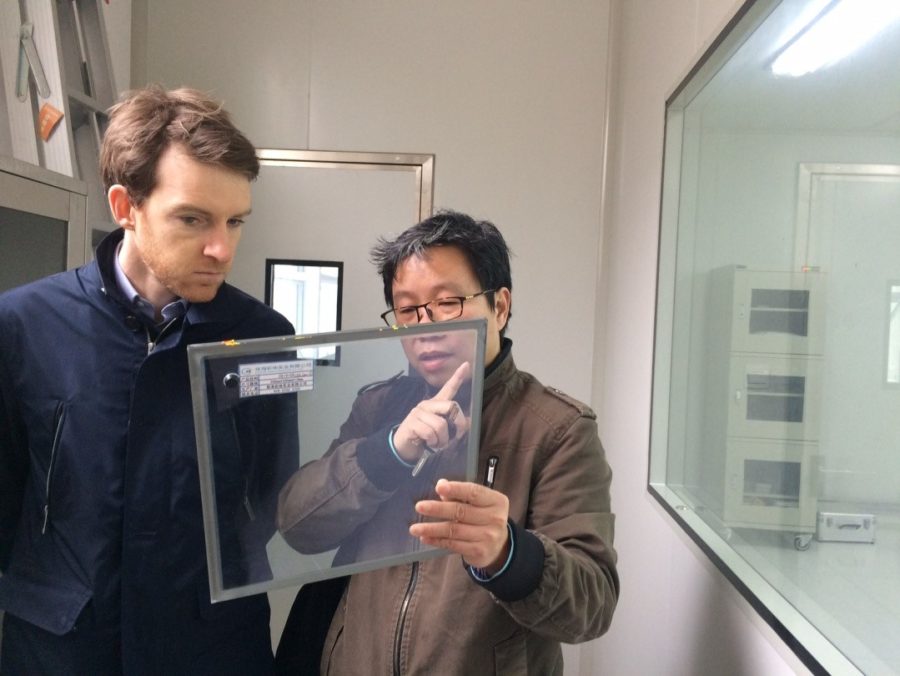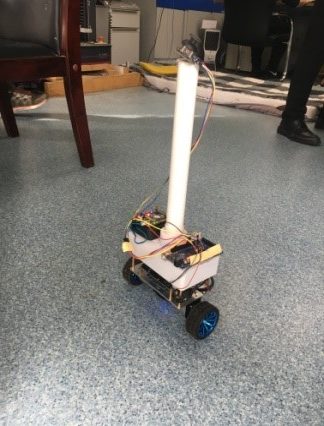7th May 2018 Beijing, China
Improved Life Ahead with Newton Fund Projects

This March, I visited three research and development projects jointly funded by Chinese and UK government that are tackling the problem of clean energy, mobility and aging via the Newton Fund: China-UK Research and Innovation Bridges competition.
Transition and access to affordable, reliable and clean energy systems is vital for mitigating further climate change and moving towards sustainable models of urban and rural society. UK and China partners are making use of their expertise in the energy sector to work out solutions to these challenges.
Prof Tan Bien from Huazhong University of Science and Technology (HUST) has been working with ULEM Co., Ltd and University of Liverpool. He explained some of the challenges they are aiming to resolve with his project to decarbonise energy and address air quality problems through the use of hydrogen energy in vehicles. Prof Tan spoke about how the Chinese-UK-teams complement each other’s expertise. The UK side is working on the generation of hydrogen (through water splitting) and the vehicle itself, which needs to be purpose built. The Chinese side working on the storage mechanism (the materials). In the summer, a sample will be sent to the UK for testing in a vehicle, and they are working towards application of the materials developed into commercial vehicles by the end of the year.
Solar energy is a renewable free source of energy that is harnessed using a range of technologies such as photovoltaic (PV) in our daily life. Traditional double or triple glazing, however, is heavy and does not perform well in keeping heat in. The good news is that one of our Newton Fund projects is working on a thin-film photovoltaic vacuum glazing (PV-VG) which has lower heat loss and comes in at a lighter weight. I visited the Hubei University of Technology (HUT) model Eco-house at their campus, a designated area of 1000 square meters in a separate collaboration with the University of Nottingham. It will be used to test low-carbon technology and the novel PV windows being developed to reduce radiative heat loss and thereby improve energy saving.


Elderly care has been an increasingly important issue in China. According to the 2016 Social Services Development Statistical Report issued by China’s Ministry of Civil Affairs, China’s senior citizens, defined by the report as those aged 60 or above, have more than 230 million, equivalent to 16.7 percent of China’s total population; more than the entire population of Brazil. Availability of and access to appropriate and affordable health technologies is vital for effective elderly care. Well, YOBAN, one of the four healthcare projects funded will develop a companion robot to assist walking, sitting down and standing up for older people who find traditional walking aids improper to use indoors, in a toilet or cramped corridor for example. UK SME Motion Robotics and Loughborough University are working in collaboration with Chinese colleagues in the Shenzhen Institute of Advanced Technology and Shenzhen Casun Intelligent Robot Co on this. Developed as an affordable locomotion aid, it could also be enhanced to provide companionship and cognitive assistance.

During our visit to the 3 Chinese partners of Newton Fund Bridges projects, we caught an early glimpse of what we may look forward to in the rest of the project cycle. As projects progress with the effort from partners of both countries, we could expect break-through solutions to the challenges in our life. Also, as we get to know more about the projects funded, I will come back with more exciting and in-depth updates so please stay tuned!